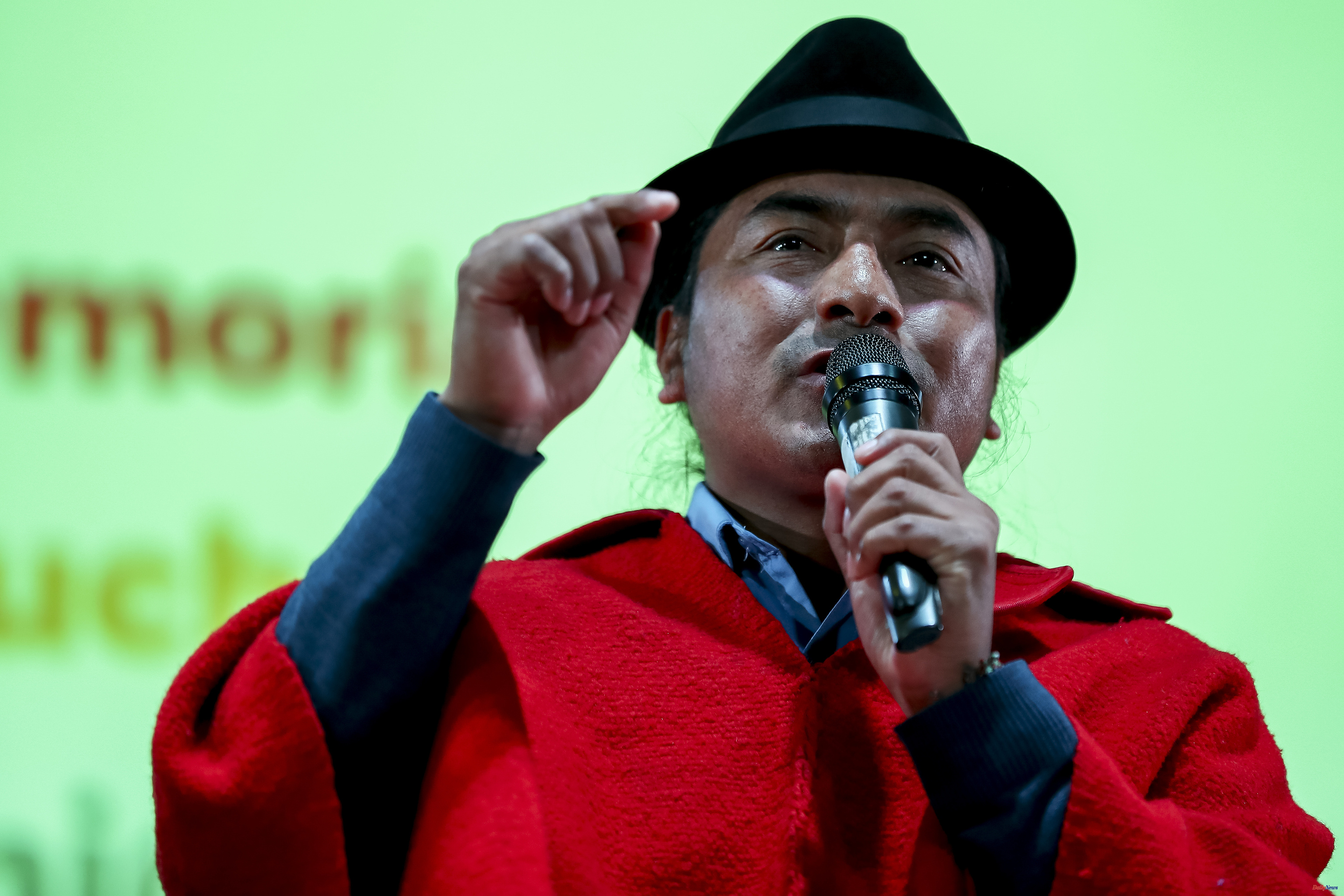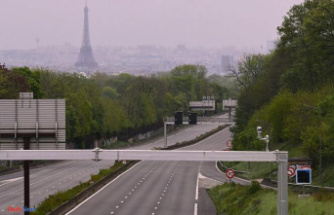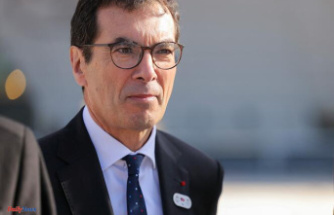The Confederation of Indigenous Nationalities of Ecuador (Conaie) has tightened its siege around President Guillermo Lasso, beset by drug-trafficking violence and corruption scandals and in extreme political weakness after the defeat in the referendum on February 5. The objective is the same as that pursued from abroad by former President Rafael Correa, a fugitive sentenced to eight years in prison for corruption, and a large part of the National Assembly: force the fall of the conservative president.
"We declare ourselves in mobilization and permanent assembly and we radicalize the struggle in the territories in defense of our historical demands as peoples and nationalities," announced the radical Leónidas Iza, top leader of Conaie, who even went further by demanding Lasso "to step aside due to his inability to govern".
Iza not only encouraged Parliament to impeach the president, she also threatened the government with declaring an indigenous uprising and a national strike if Lasso were forced to decree "crusader death," a constitutional mechanism that gives the president the possibility to dissolve the National Assembly and call general elections. During the five-month transition until election day, the president would rule by decree.
The threats from Iza, who considers himself a defender of "Indo-American communism", came after the Expanded Council of leaders and grassroots structures of the indigenous movement decided to break the dialogue with the government and withdraw their delegates from the monitoring tables of the agreements that put an end to the indigenous takeover of Quito last year. At the moment, the indigenous people have not decided to march on the capital, but it is a possibility that cannot be ruled out, as Iza made clear with his words. However, the Conaie will join the concentrations of March 8, International Women's Day.
"It is clear that the government of Ecuador has been complying with its agreements and will work hard to continue doing so and to carry out tasks necessary for the well-being of Ecuadorians. We do not break any dialogue, we call for rationality, peaceful coexistence and unity to prevail of purposes in favor of the country", responded Henry Cucalón, the new Minister of State that Lasso appointed after the referendum failed.
In the previous takeovers of Quito, the indigenous peoples managed to put the governments on the ropes. In October 2019, in their siege against President Lenín Moreno, they opened the cascade of social and political protests that infected other countries, such as Chile, Bolivia and Colombia. In June of last year, they signed an agreement with Lasso to reduce the price of fuel after two weeks of demonstrations, 6 dead and more than 500 injured. The Catholic Church officiated as a mediator between the two parties.
Previously, indigenous protests influenced the fall of presidents Abdalá Bucaram, Lucio Gutiérrez and Jamil Mahuad.
According to the criteria of The Trust Project












